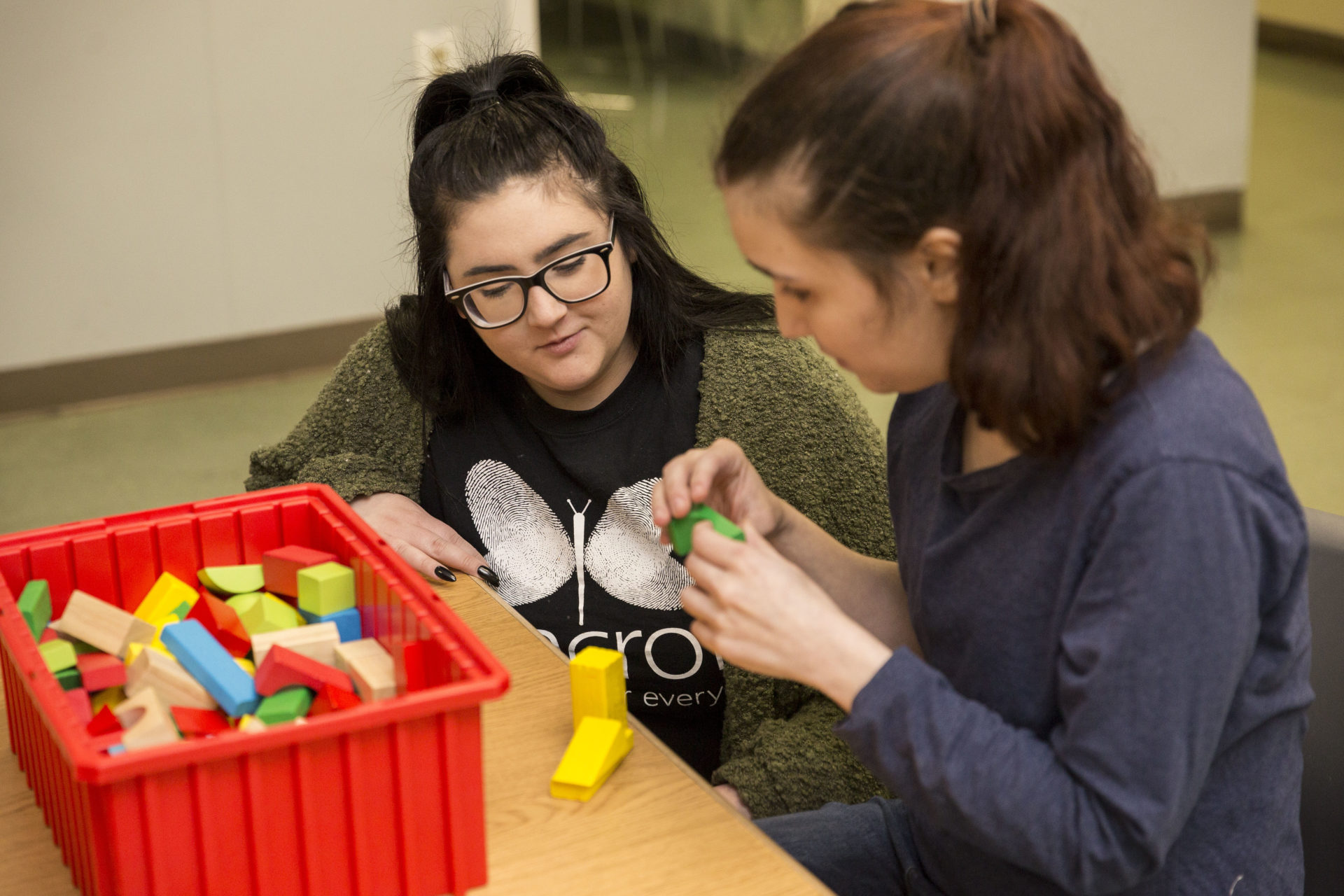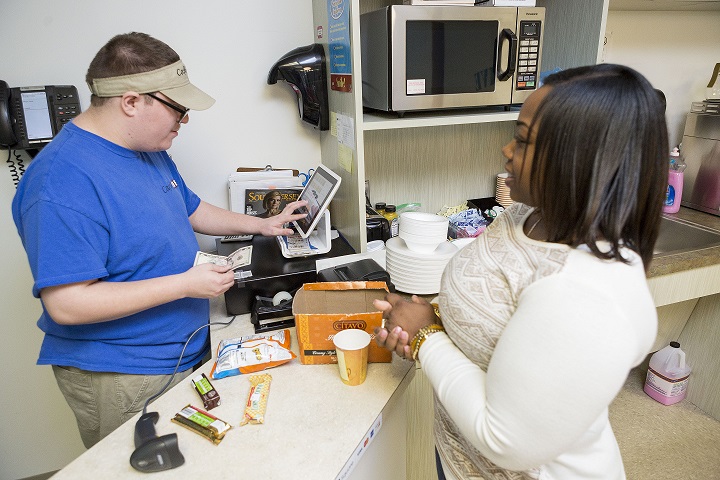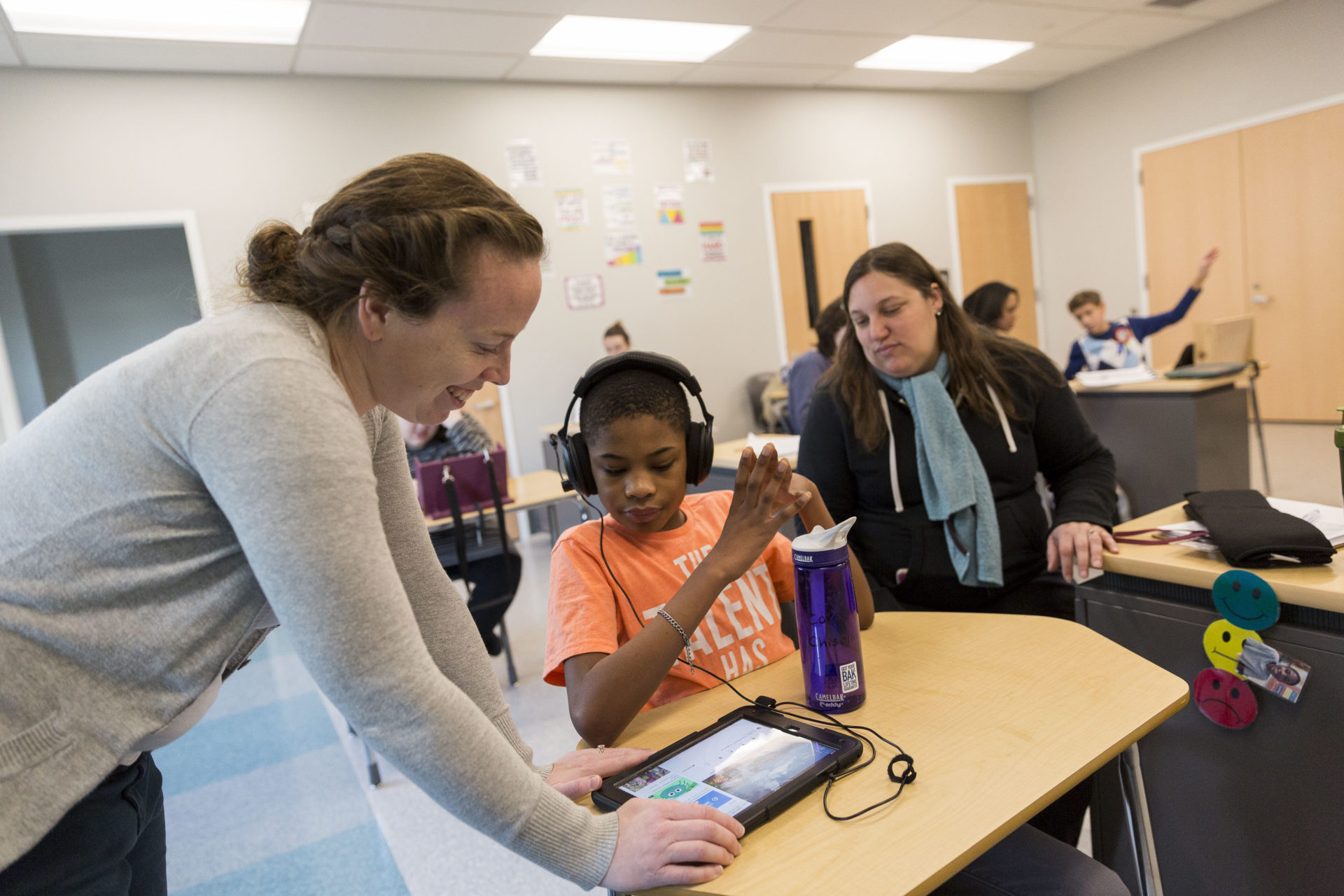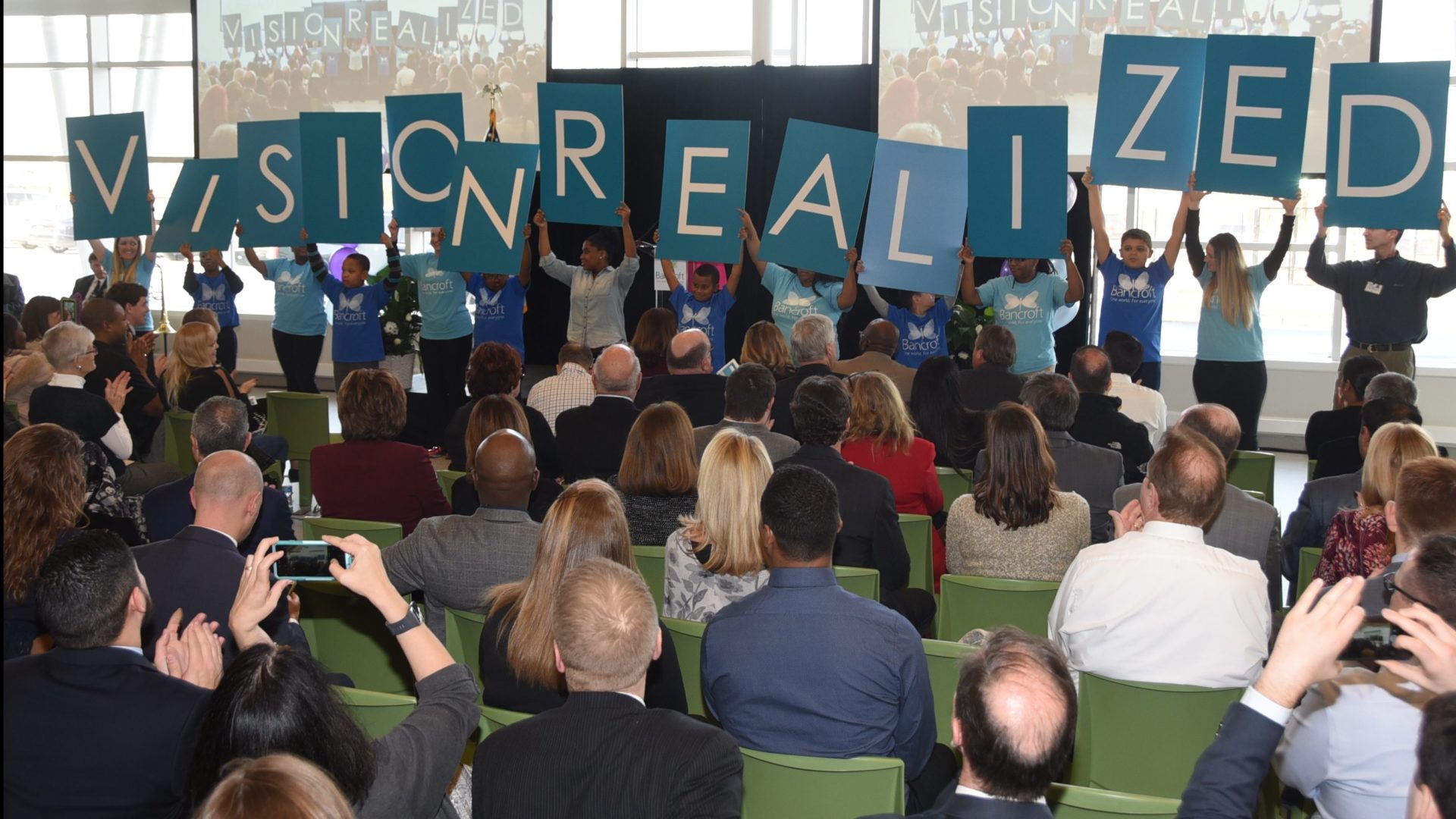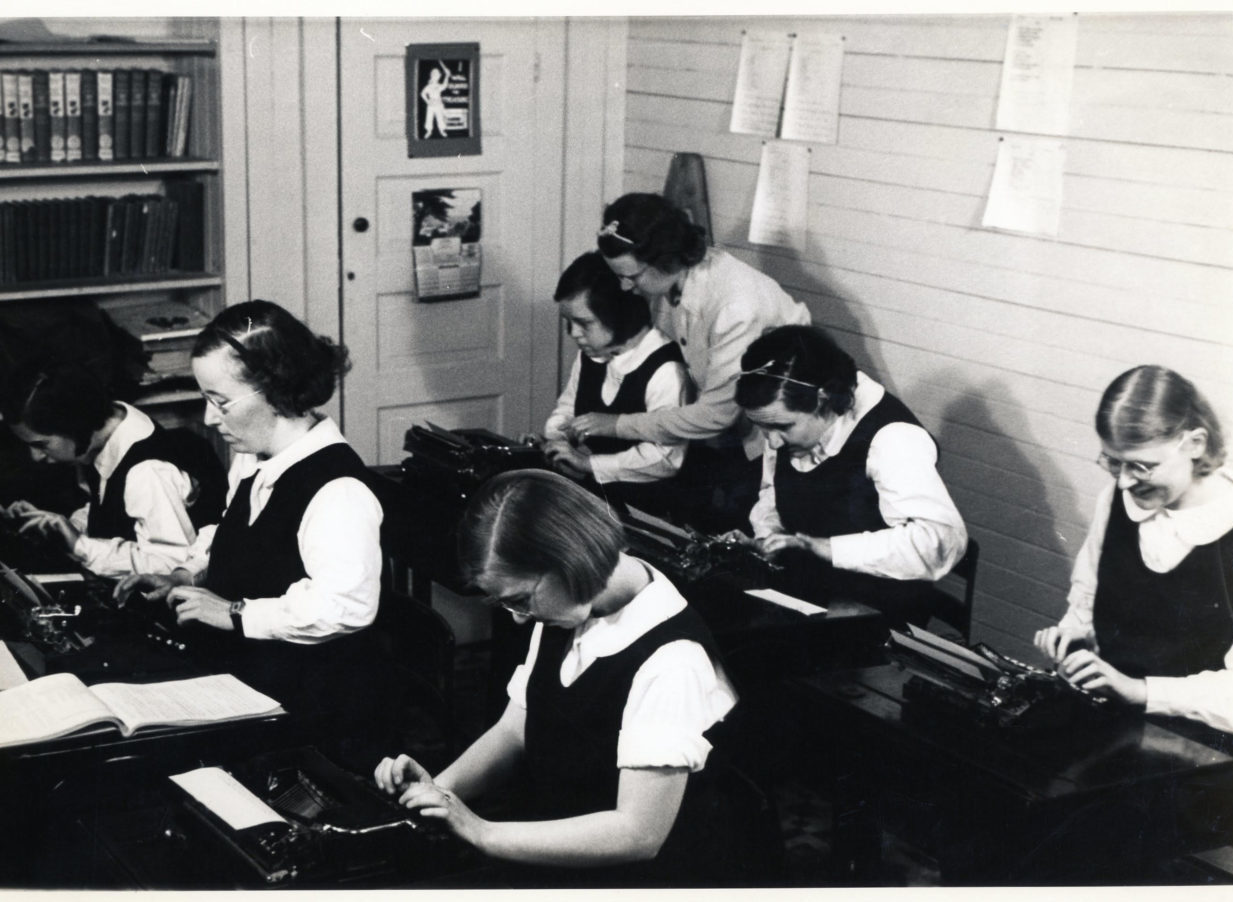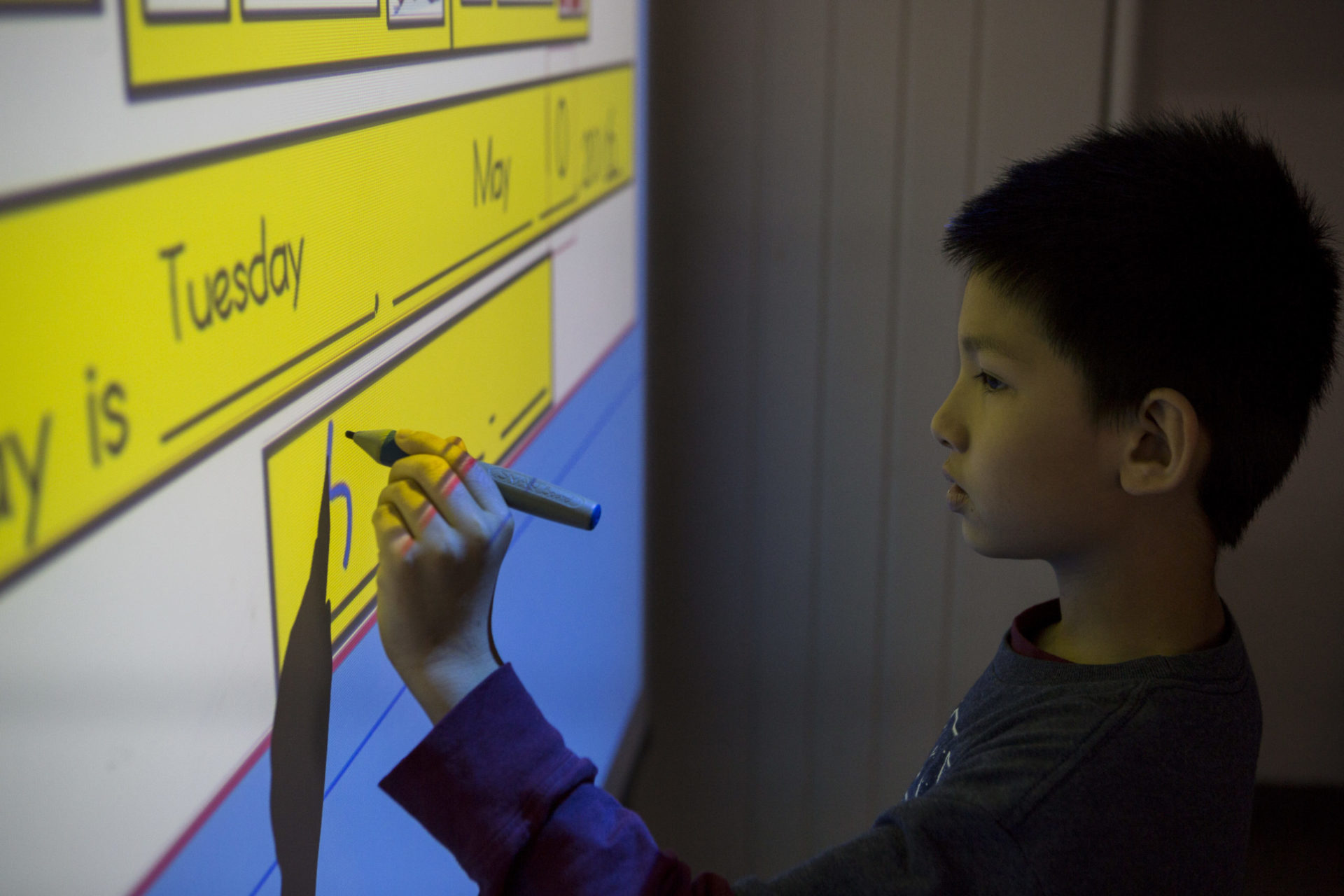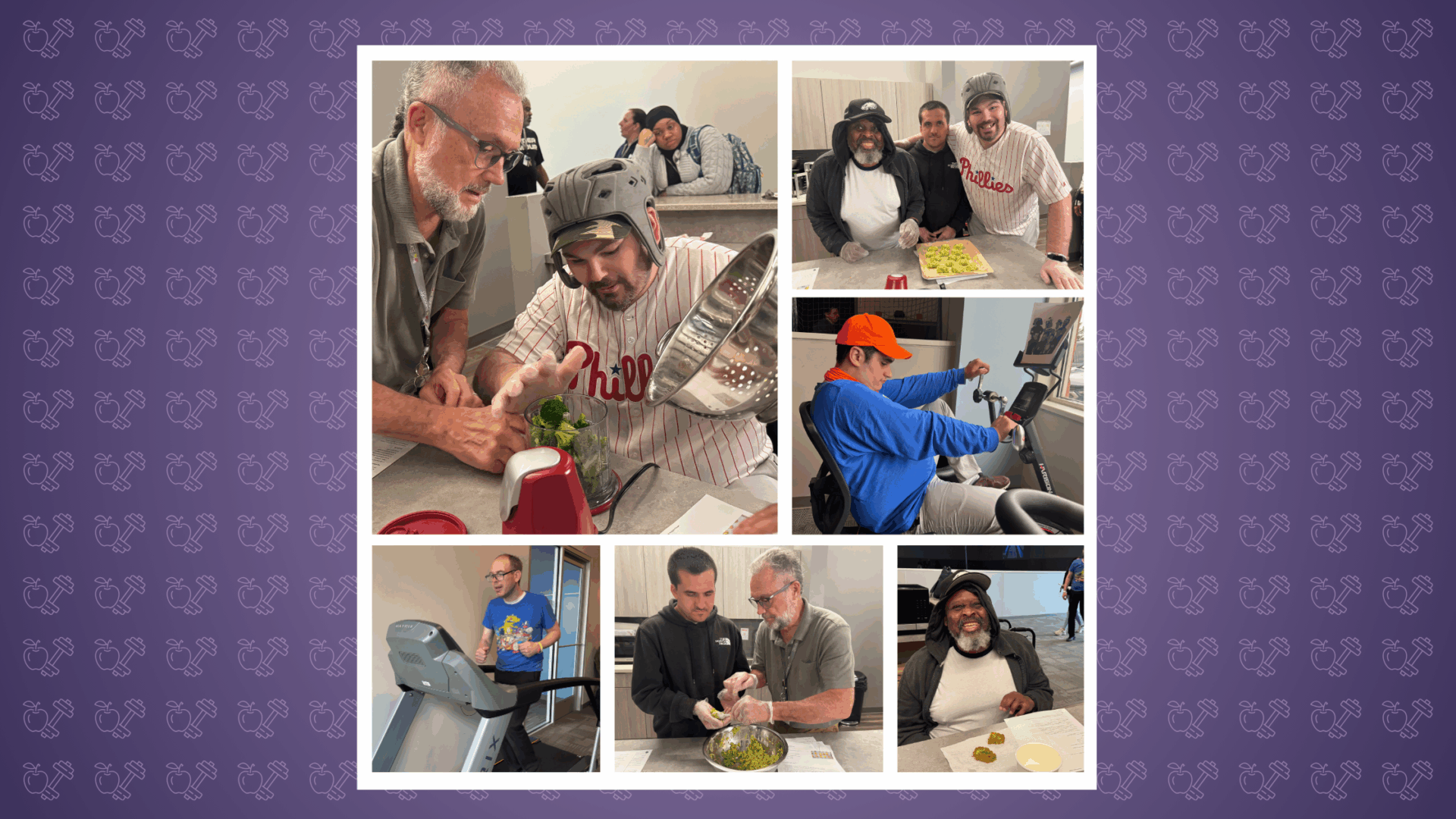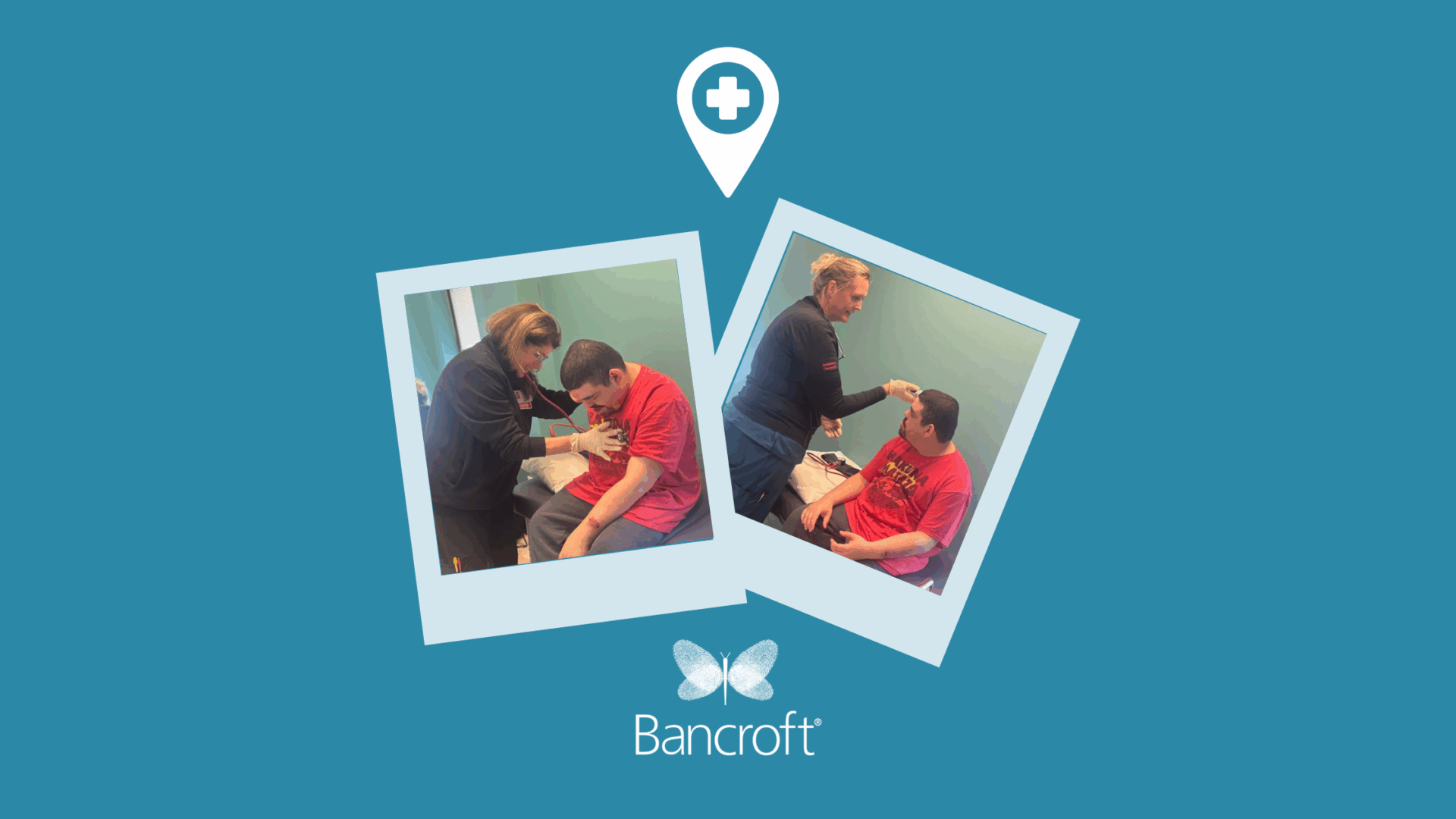School districts need to focus on academic achievement, but there are many more behavioral pieces to the special education puzzle
Contributor: Jeffery Bevan, Supervisor of Bancroft’s Education Consultation program, which works directly with school districts to meet students’ diverse and changing special needs in the classroom and at home
Now that South Jersey schools are back in session after the New Year, parents throughout our region are breathing a sigh of relief. The holiday madness has subsided and most students returned from their break, albeit begrudgingly, ready to tackle another marking period.
But making the grades is just one component to a positive education experience. And, success may look much different for a child with special needs. As the supervisor of Bancroft’s Education Consultation program, I work directly with school districts to meet students’ diverse and changing special needs in the classroom and at home. I have seen struggling students begin to thrive and truly love learning, but for this to happen, it is crucial they receive appropriate supports in both environments.
Often, we assign the “good student” label to children who excel academically – students with exemplary study habits who earn high scores on traditional standardized tests. But for students with intellectual or developmental disabilities like autism, engaging in a more meaningful school day both academically and socially is a proud accomplishment.
Functional life skills are just as important as traditional school work, especially for students with special needs. And while parents may be concerned about a child’s report card, consider the following questions when piecing together the development puzzle:
Is the student becoming a more successful member of the classroom? Of his or her family?
A child should be participating meaningfully in the daily routine with peers and family members. Can he or she share meals with friends or family and maintain relationships?
Is the student developing functional skills?
Does the student communicate his or her needs to a variety of people? A child should be working towards following a schedule and waiting patiently. Is he or she taking responsibility for personal hygiene tasks and becoming more involved and responsible for appropriate household chores?
Does the student enjoy leisure activities, and is he or she willing to try new things?
Does the child show interest in fun activities, such as art projects and playing outdoors? It’s important for every child to develop new hobbies and remain open to new experiences.
Does the child have a peer group?
Students should spend time with friends and peers. Does he or she have someone with whom to participate in socially relevant events in the classroom and community?
These are all questions parents or caregivers should be asking themselves when raising a child with special needs. A full, purposeful life involves so much more than academic achievement. And while grades and standardized tests are important, we need to support and encourage students to develop those softer skills as well.
With the right tools, every student is capable of reaching his or her fullest potential in and out of the classroom. As parents and educators, it’s our responsibility to ensure our children have access to them. When school districts and families work together with the proper supports, I believe each child has the ability to not only become a “good student,” but a great one.
If you or someone you know has questions about autism, special education or general neurological health, Bancroft can help. Dial 856-524-7335 to connect with an Access to Care specialist and learn more about how Bancroft’s Education Consultation Program can support your school district.

